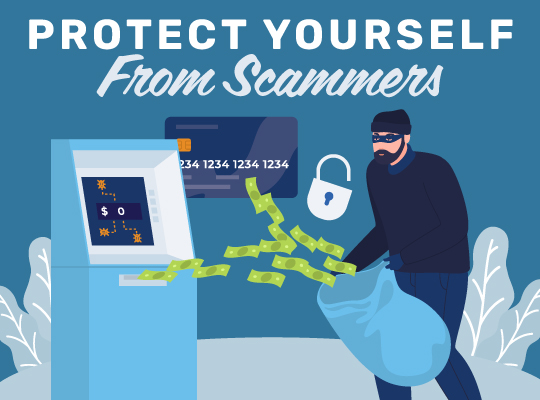It's likely a scam.
Criminals often spoof phone numbers to look legit or pose as a boss or banking representative to trick people into urgent action. Slow down and double-check before sharing anything.
Cryptocurrency is especially tricky, Crane explains, because it's harder to trace than traditional bank transfers. "It's much more difficult than working with banks," he says. Once someone sends money via crypto, that money is gone and cannot be retrieved.
The #1 Tip? Trust Your Gut.
Almost every fraud victim he's spoken with has said the same thing. "Something felt off." That instinct matters. "If you get that feeling, it's not right, it's not," Crane emphasizes. So pause. Ask questions. Call your financial institution or local law enforcement before you act.
Best Practices:
Be Skeptical: Especially with calls, emails, or pop-ups asking for personal data.
Verify Sources: Call companies back using verified numbers.
Don't Share Sensitive Information: Unless you initiated the contact.
Report It: If the fraud attempt fails, still report it to your financial institution and local police.
Freeze Your Credit: If you're concerned about identity theft.
Stay Vigilant with P1FCU
We're here to help. If you think you've been targeted by fraud, contact us immediately. And if you haven't already, and podcast for more ways to stay financially confident and protected. You can also find more ways to help protect yourself at .
Listen to this episode of Making Sense of Money


